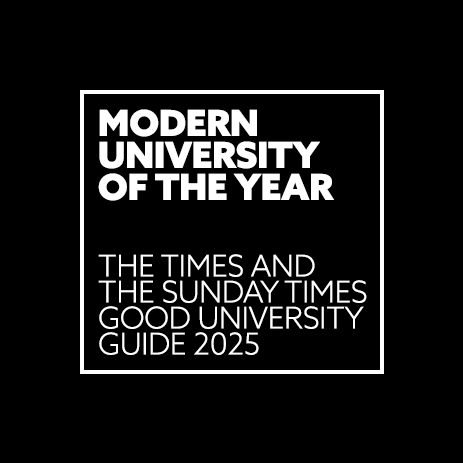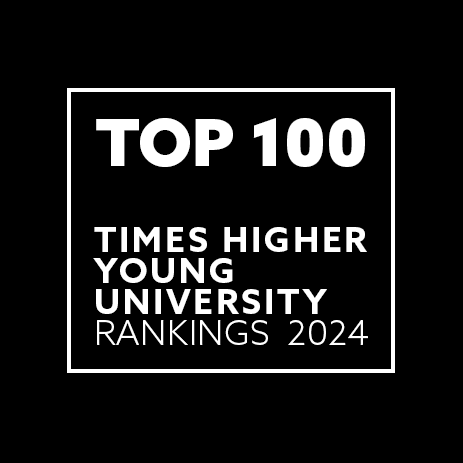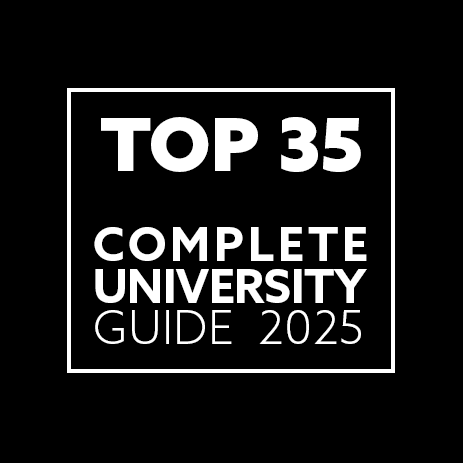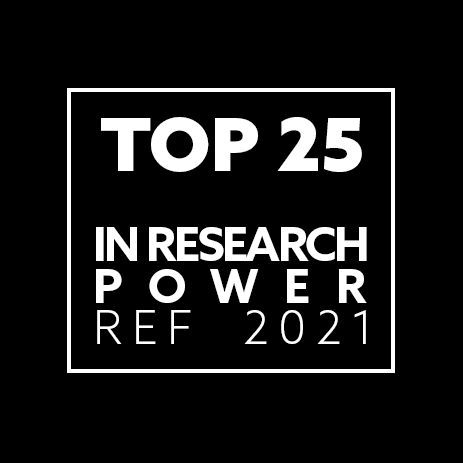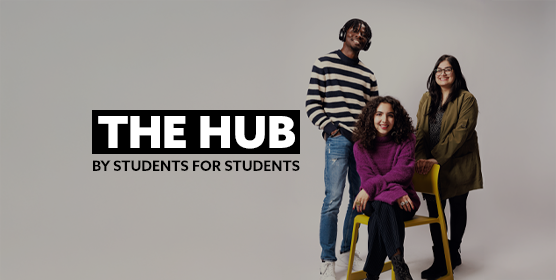How would you explain the society we live in?
If you are looking to develop a global understanding of society, social dynamics and modern life; expertise in research and analysis; and strong decision-making skills, you will need an enquiring mind and a desire to get out into the community to see the ‘real issues’ and get involved in bringing about change.
The programme gives you the skills to explore the many ways that people live in contemporary societies probing the nature of power, identities, cultures and change that characterise our lives.
Why choose Northumbria to study Sociology?
You will explore the theories, research and debates in the discipline giving you the tools and creativity to investigate the pressing issues of our time – belonging, inequality, mobilities, solidarity, climate change and how social locations such as class, sexuality, race, gender and disability are woven into everyday life. You will be trained to think clearly and critically about the social world – skills highly valued by employers.
You will graduate prepared for employment in a number of fields that require a sophisticated, critical and questioning understanding of the workings of society, including central government, the police, the prison system, community safety and education.
Graduate Prospects: Sociology at Northumbria is ranked in the 3rd in the UK for Graduate Prospects, with over 86% of our graduates in highly skilled employment or further study 15 months after graduation (Times Good University Guide 2026).
Research Power: Social Policy at Northumbria is ranked 3rd in the UK for research power, out of 76 submissions (REF 2021).
Student Rated: Over 94% of students studying Sociology at Northumbria believed they had chance to explore ideas and concepts in depth (NSS, 2025).
See other similar courses you may be interested in: BSc (Hons) Criminology and Sociology, Professional Policing BSc
You can also check out all of our other Social Sciences Courses and find that one that suits you.
 Option for Placement Year
Option for Placement Year Option for Study Abroad
Option for Study Abroad




